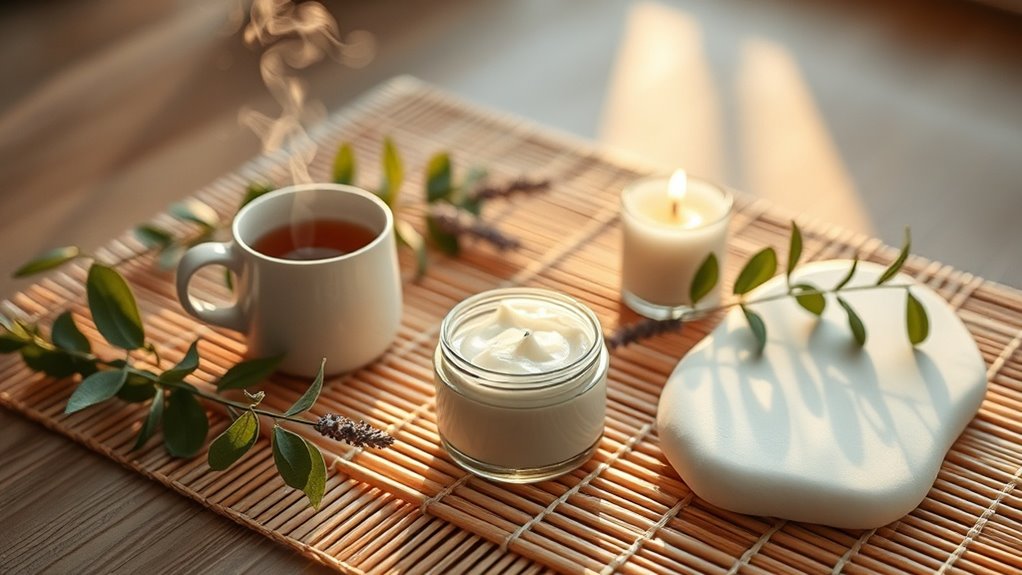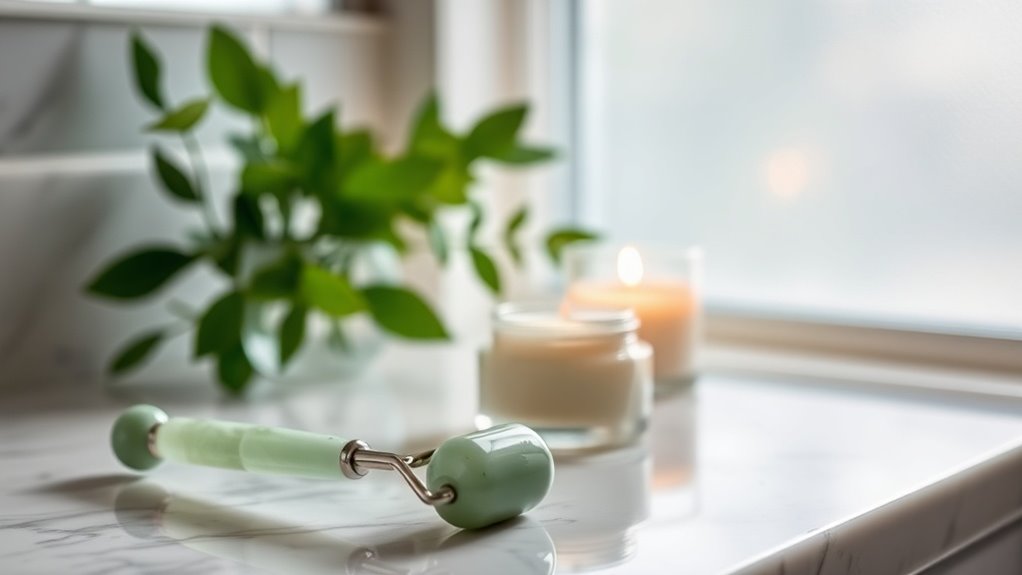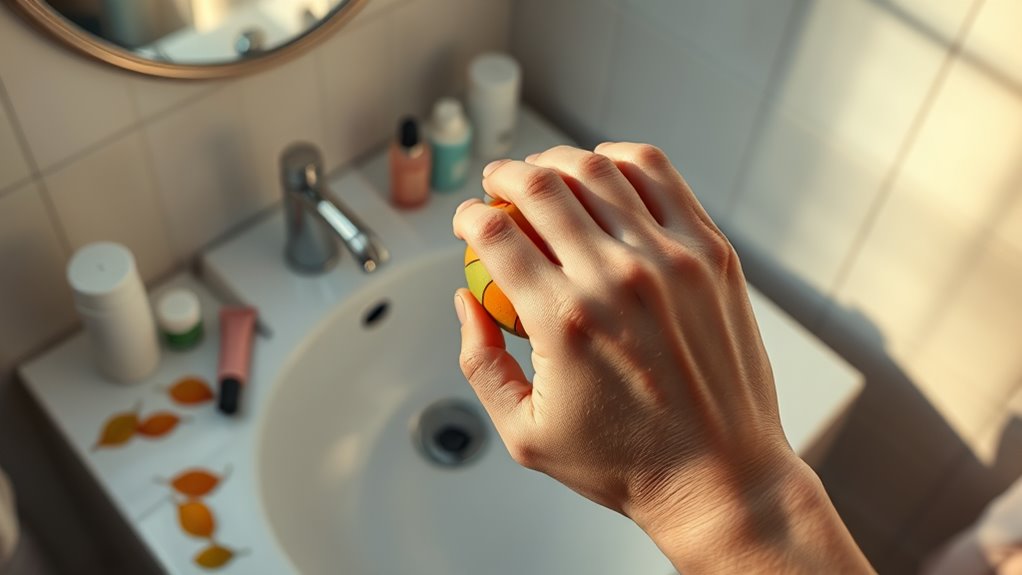How Stress Affects Your Skin and How to Stop It
Stress doesn’t just affect your mind; it has tangible effects on your skin too. Elevated cortisol levels can lead to increased oil production and skin sensitivity, resulting in issues like acne flare-ups. Understanding this connection is crucial for cultivating healthier skin. So, how can you effectively address these stress-related problems and restore your skin’s natural balance? Let’s explore some research-backed strategies that can make a significant difference.
The Connection Between Stress and Skin Health
When you experience stress, your body activates a fight-or-flight response that can significantly impact your skin’s health.
This response triggers hormonal changes, releasing cortisol, which can alter your skin’s barrier function and moisture levels.
The stress impact on skin manifests as inflammation, increased oil production, or delayed healing.
Understanding this connection is crucial for maintaining optimal skin health, especially during challenging times. Additionally, prolonged stress can lead to excess oil production, making skin more prone to breakouts.
Common Skin Issues Caused by Stress
Stress can lead to various skin issues that manifest in visible and uncomfortable ways.
You might experience increased acne, eczema flare-ups, or heightened sensitivity. Your skin may also show signs of premature aging, such as fine lines and dullness, due to elevated cortisol levels. Stress-induced cortisol can cause increased oil production, which contributes to these skin problems.
These effects occur because stress disrupts your body’s natural processes, impacting skin health and appearance.
Effective Strategies to Combat Stress-Related Skin Problems
To effectively tackle stress-related skin problems, incorporating targeted strategies into your daily routine can make a significant difference.
Consider these three approaches:
-
Hydrate: Drink plenty of water to maintain skin elasticity.
-
Skincare: Use gentle, non-comedogenic products that support your skin’s barrier.
-
Nutrition: Consume a balanced diet rich in antioxidants to combat inflammation. Additionally, managing stress through techniques like mindfulness can significantly enhance your skin’s youthful appearance.
Implementing these strategies can enhance your skin’s resilience against stress.
Developing a Relaxation Routine for Healthy Skin
Establishing a relaxation routine is essential for maintaining healthy skin and combating the effects of stress.
Incorporate practices like mindfulness meditation, deep breathing exercises, and yoga into your daily schedule. These activities help lower cortisol levels, improving skin conditions like acne and eczema.
Aim for at least 20 minutes of relaxation daily to promote optimal skin health and resilience against stress-related issues.




